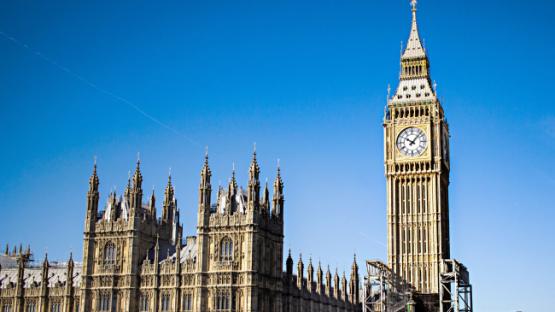
PI's submission to the Independent Review of the Investigatory Powers Act 2016
Privacy International submitted a written response to Lord David Anderson's call for comments relating to his review of the Investigatory Powers Act 2016.
- The Investigatory Powers Act (IPA) already contains broad powers, many of which are subject to insufficient safeguards or unlawful in their entirety
- The acquisition, retention, and use of large databases of information plainly amounts to a serious interference with the right to privacy
- The power to obtain bulk personal data-sets under part 7 of the IPA constitutes a disproportionate and unlawful interference with the fundamental right to privacy and must be regulated in accordance with the minimum safeguards under domestic and international human rights law
- PI does not consider that there has been an emergence of technological change, since the act came into force in 2016, which has made the safeguards around bulk personal data-sets “disproportionate” as the government is proposing
- The current oversight regime is operationally ineffective and must be strengthened in order to prevent intelligence agencies’ unlawful handling of millions of people’s private data
- The acquisition and deployment of covert surveillance technologies by law enforcement and intelligence agencies should be controlled through independent oversight
- Safeguards relating to oversight are necessary for the protection of the rights to privacy, freedom of expression, freedom of assembly and the right to an effective remedy

On the 17 January 2023, the UK Home Secretary appointed Lord David Anderson KBE KC to carry out an independent review of the Investigatory Powers Act 2016.
The Investigatory Powers Act 2016 provides a legal framework for the use of investigatory powers by the UK security and intelligence agencies, law enforcement and other relevant public bodies. These powers include the interception of communications; the retention and acquisition of communications data and; equipment interference for obtaining communications and other data. The act also provides powers to the security and intelligence agencies’ relating to the retention and examination of bulk personal datasets.
The scope of Lord Anderson's review was determined by The Home Secretary’s Statutory Report on the operation of the Investigatory Powers Act 2016.
PI provided comments to Lord Anderson as part of the review process. We argue that rather than sanctioning a further weakening of those safeguards, as the Statutory Report appears to be proposing, we encourage the Reviewer to acknowledge the notable failures in oversight of the past five years and encourage more robust safeguards to be effectively operationalised.


